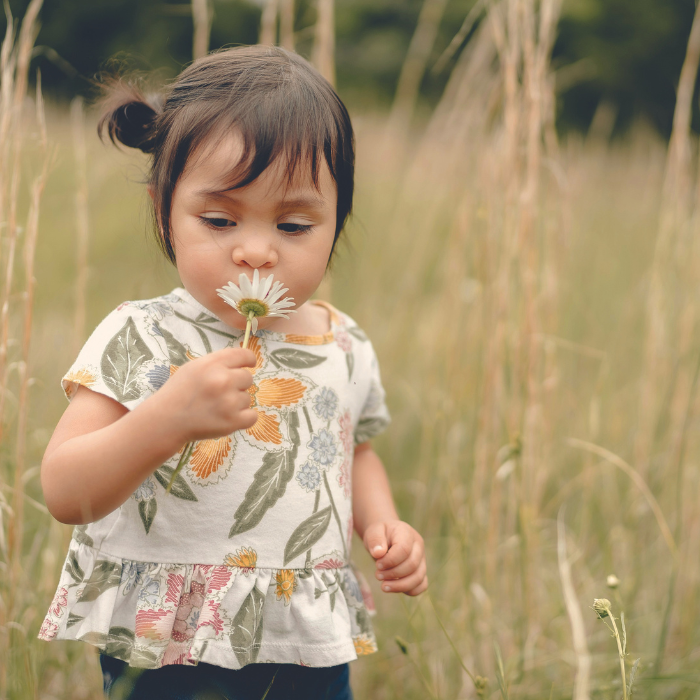
If your family life is teetering on the edge of chaos, a routine may be just what you need. Here’s how to implement them mindfully, explains Tiffany Brown.
Do TV commercials featuring happy families handing over perfectly packed lunches to kids with clean faces and tidy hair as they wave them off for the day make you grit your teeth? Do you compare the drama of your own din-filled chaotic mornings and find yourself wanting? Maybe it’s time for a routine.
ROUTINE BENEFITS
It’s official: The benefits of a regular routine are tangible. Not only can they help family life flow more smoothly, routines can also increase your enjoyment of family time, reduce stress and anxiety – for parents as well as kids – and help your children develop important life skills.
Groundbreaking discoveries into how our brains work have also shown routines are beneficial for encouraging positive cognitive development. Planning and remembering things, as well regulating emotions, solving problems, being flexible, staying organised, and communicating effectively are all elements of mental ability known as the executive function of the brain. Routines have been shown to enhance this function in children of all ages.
DEVELOPING YOUR ROUTINE
Routines help families organise themselves. Each family member should know what needs to be done, when, in what order, and how often. A good routine is one in which everyone knows what’s expected of them, and they see their involvement as fair, reasonable, and doable. When developing a routine to work for your whānau, consider the expectations from everyone’s point of view. Talk through the routine ahead of time, and encourage older children to be part of its design. The routine should be regular and consistent, and include elements of fun and pleasure for everyone involved.
WHERE TO START?
Begin with an activity audit. If you think a morning routine might help achieve that TV commercial-like morning utopia, give yourself a few days to jot down everything that happens in your home from the time you wake up until the time everyone disperses. If evenings are the time life seems to go pear-shaped, record what happens between hometime and bedtime.
IDEAS FOR STRUCTURING YOUR ROUTINE
Once you have a handle on the key events and activities that repeat every day, you should be able to create a routine where key tasks flow more easily, and deadlines are met. Perhaps kids who regularly struggle with getting their teeth brushed before the bus is due might be better brushing as soon as they wake up, when they use the toilet? Maybe a regular late afternoon family walk could help teens who will otherwise head straight for the screen? Parents who struggle to get breakfast organised might benefit from a nighttime routine whipping up some chia puddings for the morning, or just empowering children to get their own breakfast?
ROUTINES AT EVERY STAGE
Toddlers and preschoolers may benefit from routines for getting up and ready in the morning, mealtimes, spending time playing and talking with caregivers, reading books or telling stories, and bedtime.
School-aged children may benefit from morning routines, or routines for homework, helping with meals or housework, caring for pets, or after-school activities.
Teenagers may benefit from getting up-and-ready routines, winding down from school or relaxing before bed, spending time with the family, helping with household tasks, homework, and after-school activities.
THE ADVANTAGES OF SUCCESSFUL ROUTINES:
- The predictability that comes with routines can help children feel safe and secure.
- Routines can provide security for teenagers coping with developmental changes such as puberty or major life events like the death of a relative, moving house, welcoming a sibling, parental separation, and so on.
- Including fun activities into routines like reading a story or kicking a ball around together can foster a sense of belonging and strengthen family relationships.
- Routines help to instil healthy habits for children, such as brushing teeth twice a day, washing hands after using the toilet, and getting regular exercise.
- Encouraging children to develop basic skills as part of a routine, such as helping to wash the dishes, helps them to be more independent and gives them an important sense of responsibility.
- Recent neuroscience research has recently indicated that children who regularly help with household tasks tend to have better academic performance and problem-solving skills.
- Children with disabilities or additional needs can really benefit from the predictability and security of a routine.
- Routines can help avoid disagreements. (If every Tuesday is Taco Tuesday… No arguments about what’s for dinner.)
TOO MUCH ROUTINE
It can be surprisingly easy to over-schedule our family life, especially if routines do work well to encourage the troops to fall in line. If you’re getting a bit of routine pushback, or if what was once flowing now seems stressful again, see if you can dial back the timetable a little. As much as a routine can enhance your family life, time to relax, play and be creative is equally important – so be sure to schedule in some downtime as well.
Train Your Brain
To strengthen executive brain function AND include some fun in your routines, try these brain training ideas.
Deep breathing: Helps to improve both memory and emotional control. Search out an exercise called “elevator breathing”, which kids love.
Brain and body coordination: Toe-wriggling, using the non-dominant hand, exercise “windmills”, and piano playing are all good ways to train the brain.
Concentration: Memory games come in all forms, for all ages, and are excellent brain- trainers.
Family games: Whether board games or outdoor activities, sharing play has multiple benefits for the health of both brain and body.
Conversation time: Sharing woes and wins, and letting everyone in the family have a chance to share helps brain function and improves relationships.








